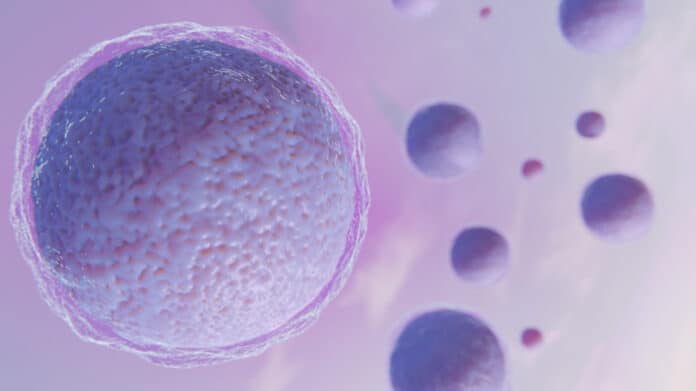Some cancers, such as leukemia and lymphoma, have been successfully treated by engineering T cells to destroy cancer cells. However, because it only targets one antigen (a target protein found on tumors), it has yet to be proven effective for solid tumors. Chimeric antigen receptor (CAR) T cell therapy efficiently heals human cancer. However, the loss of the antigen recognized by the CAR is a significant barrier.
MIT researchers have developed a vaccine that increases the response of altered T cells known as chimeric antigen receptor (CAR) T cells and aids the immune system in generating new T cells that target other tumor antigens. In mouse trials, the researchers discovered that this method significantly increased the likelihood of tumor eradication.
Darrell Irvine, the Underwood-Prescott Professor with appointments in MIT’s departments of Biological Engineering and of Materials Science and Engineering and a member of MIT’s Koch Institute for Integrative Cancer Research and the Ragon Institute of MGH, MIT, and Harvard, said, “This vaccine boosting appears to drive a process called antigen spreading, wherein your immune system collaborates with engineered CAR T cells to reject tumors in which not all of the cells express the antigen targeted by the CAR T cells.”
The Food and Drug Administration in the United States has approved three types of T cell therapy for blood malignancies based on CAR-T cells, designed to show receptors that can recognize a specific antigen found on cancer cells. Researchers created CAR-T cells targeting a mutant version of the EGFR receptor to apply this treatment to glioblastoma, a type of brain cancer. However, not all glioblastoma cells display this antigen, and when assaulted by CAR-T cells, some glioblastoma cells respond by ceasing antigen synthesis.
Researchers and colleagues improved the efficacy of CAR-T cells against glioblastoma in a 2019 trial by administering a vaccine to mice immediately after the modified T cells were injected. This vaccine, which contains the same antigen that the CAR-T cells are targeting, is picked up by immune cells in the lymph nodes where the CAR-T cells are exposed to it.
The researchers discovered that this vaccine boosts not only assisted the engineered CAR-T cells in attacking tumors but also in generating host T cells that target other tumor antigens. This mechanism, referred to as “antigen spreading,” is desired because it generates populations of T lymphocytes capable of completely eradicating tumors and preventing tumor regrowth.
He said, “That would be exactly the kind of thing that could help you deal with the antigen heterogeneity of solid tumors because if you primed host T-cells to attack other antigens, they might be able to come in and kill the tumor cells that your CAR-T cells cannot.”
The new study aimed to investigate how that extra T-cell response is activated. They utilized the same vaccine and CAR-T cells designed to target mutant EGFR from their 2019 trial. Two vaccination doses were administered to the study animals one week apart. The scientists discovered that the CAR-T cells in these enhanced animals underwent metabolic changes that raised the amount of interferon-gamma they produced. This cytokine aids in triggering a potent immune response.
As a result, the T cells overcome the tumor’s immunosuppressive environment, which typically renders nearby T cells inactive. When host T cells, not the engineered CAR-T cells, met additional antigens from the tumor cells while the CAR-T cells destroyed the tumor cells expressing the target antigen, those host T cells were prompted to target those antigens and aid in destroying tumor cells.
Mice with tumors containing various target antigen concentrations were used to assess tumor eradication. They discovered that a combination of CAR-T and host T-cells could still clear roughly 25% of tumors, even in tumors where only 50% of the tumor cells expressed the target antigen.
Tumors with higher concentrations of the target antigen had a higher success rate. Tumors were eradicated in roughly 80% of the mice when the antigen targeted by CAR-T cells was expressed by 80% of the tumor cells.
Elicio Therapeutics has a license to use the technology used in this study. It is developing for possible patient testing. According to the researchers, this should apply to any solid tumor a CAR T-cell may target. The researchers are also figuring out how to modify CAR-T cell therapy to fight tumors for which no identifiable targetable antigens have been found.
The result shows that Antigenic heterogeneity and antigen loss are crucial factors in tumor resistance to CAR T treatments and immune surveillance.
The National Institutes of Health provided funding for the study.
Journal Reference:
- Darrell J. Irvine, Leyuan Ma, et al.Vaccine-boosted CAR T crosstalk with host immunity to reject tumors with antigen heterogeneity.Cell. DOI: 10.1016/j.cell.2023.06.002
